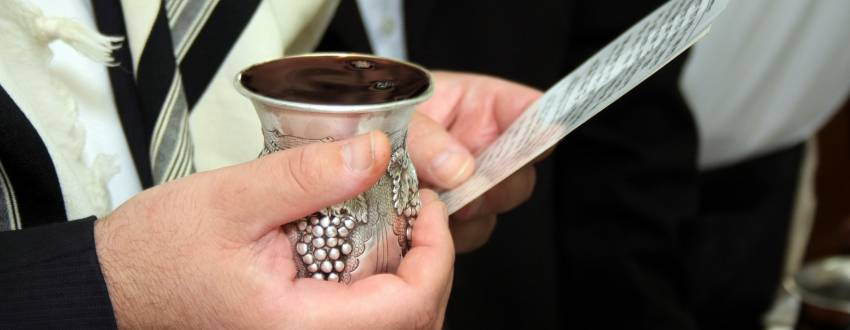Sam Zeitlin was Jewish and an outstanding cyclist and vied to make the U.S. Olympic team. This was in the 1960s, and Sam encountered a good deal of anti-Semitism as he tried to advance in cycling. One day, he was nearly knocked off his bicycle as he was training, and someone approached him shouting, “We’ll get you next time, Jew.” Sam realized that as a Jew, he had no chance of making the U.S. Olympic team, and so he decided he would try to get to the Olympics with the Israeli team. He contacted the manager of the Israeli cyclist club and said that he could help raise the club to world-class standard. They met, and Sam moved to Israel and became a very important member of the cyclist club. He worked very hard to train so he and the club could compete in the 1972 Olympics.
However, during this period, he got to know several religious Jews, and eventually became friendly with a rabbi in Bnei Brak. He began learning about his Jewish heritage, and before long he was wearing a yarmulke and tzitzis. Eventually, he became fully observant, hoping that his religious observance would not hinder his dream of competing in the Olympics. However, the Israeli cyclist team told him that it could not accommodate him; tryouts and training sessions scheduled for Shabbos could not be rescheduled. These were federation rules that could not be changed.

Sam had already bought an airline ticket for the trip to Germany for the Olympics, but he decided to forget his dream. He was not willing to violate Shabbos for the sake of competing in the Olympics, despite the fact that this was his life’s dream. Once he decided to withdraw, all the members of the cyclist team dropped out, as well. Israel sent athletes to compete in other sports, but not cycling.
On the tenth day of the Munich Olympics, the Black September terrorist group invaded the complex where the Israeli Olympic team was staying, and murdered eleven athletes. Sam Zeitlin and the rest of the cyclist team were spared because of his commitment to Shabbos. Although they mourned the tragic death of their fellow Israelis, they saw how Shabbos observance has the power to protect. Ki eshmerah Shabbos Keil yishmereini — when we guard Shabbos, Hashem guards us.
Another story is told of a Syrian Jew from Mexico named Jacobo Schrem. He had a building that he was seeking to sell, since the building had a lot of empty space and was not very profitable. One Friday morning, he was meeting with a group of prospective buyers, but the negotiations were proceeding slowly. The group was scheduled to leave the next day, and so this was his only opportunity to close the deal. As time passed, he realized that he might not finish the deal before Shabbos.
Jacobo had just recently begun attending Torah classes at night in the Aram Soba Kollel in Polanco, and had not always observed Shabbos or attended synagogue. He was not sure whether he should leave the meeting to prepare for Shabbos, or remain to close the deal. He ultimately made the courageous decision to go home, and he lost the deal. While he felt proud of his commitment to Shabbos, he could not help but wonder whether this was the right decision and worth the price.
Two weeks later, on Thursday morning, September 19, 1985, a powerful earthquake struck Mexico City, killing thousands of people and destroying hundreds of buildings. In the aftermath of the quake, the Mexican government moved major corporations and agencies into the relatively few buildings that had not sustained damage. Jacobo’s building was one of those buildings, and he sold it for a huge profit. Over the years, Jacobo never shared this story with anyone. But years later, at a siyum he held to celebrate the completion of his first Maseches, he told over this story to teach everybody about the blessings and rewards that result from Shabbos observance.

One of those in attendance was Rabbi Shea Deutsch, who now serves as Menahel of Yeshivah Orchos Chaim in Lakewood. Rabbi Deutsch told me that one of Jacobo’s sons married the daughter of a Rosh Kollel. He was thus rewarded both materially and with blessings in his family.
Ki eshmerah Shabbos Keil yishmereini — we only gain from observing Shabbos.
———-
Reprinted from Living Shabbos by Rabbi David Sutton with permission from Artscroll Mesorah.




Reviews